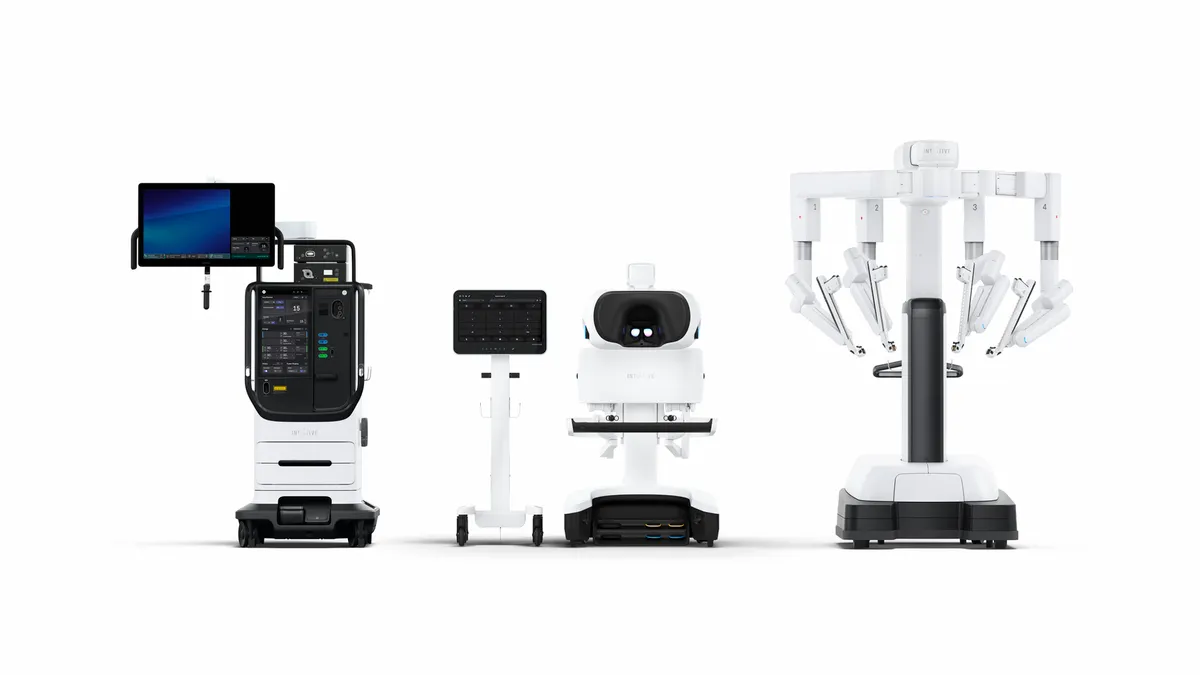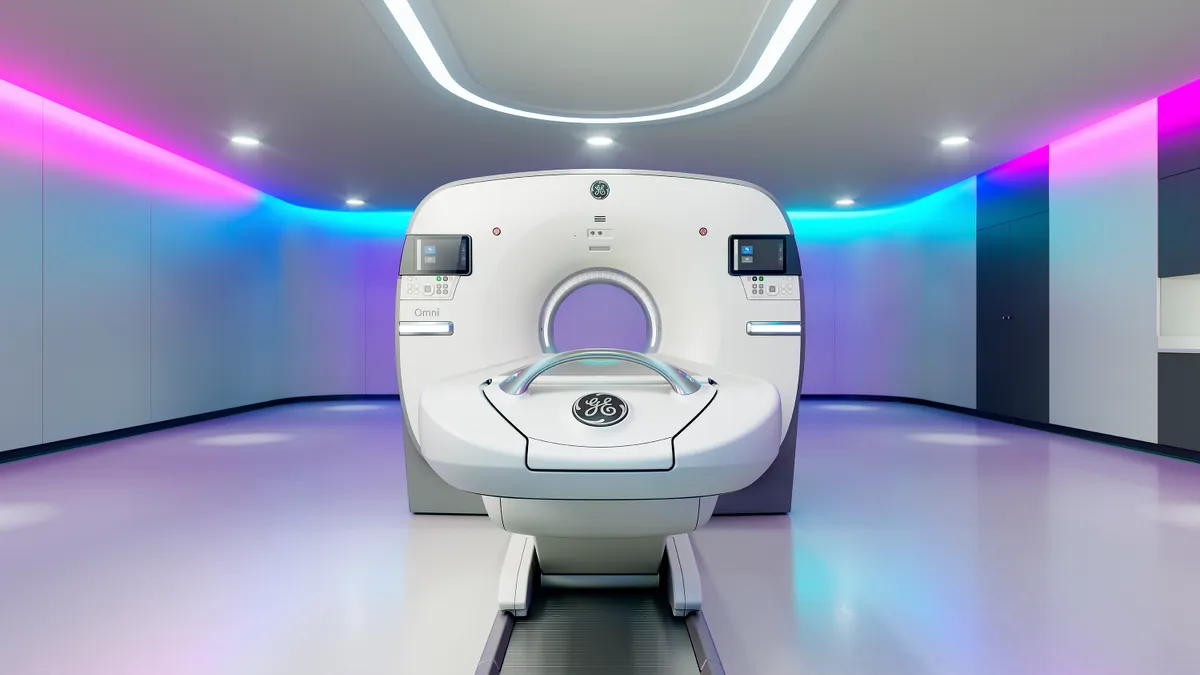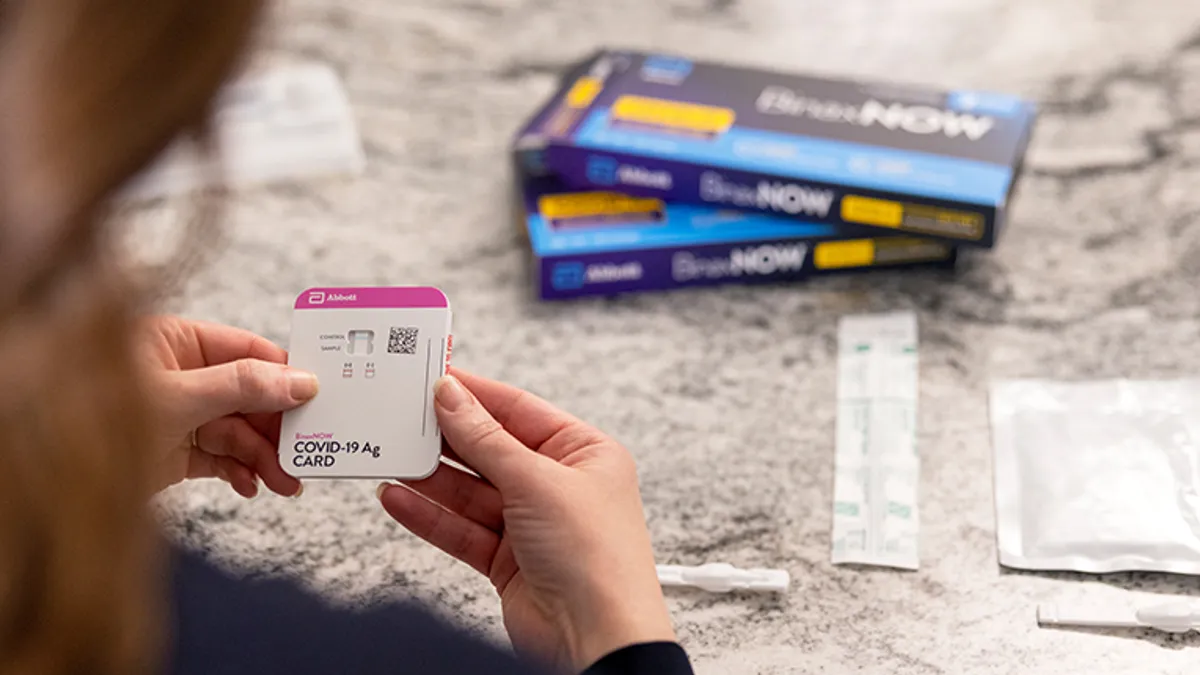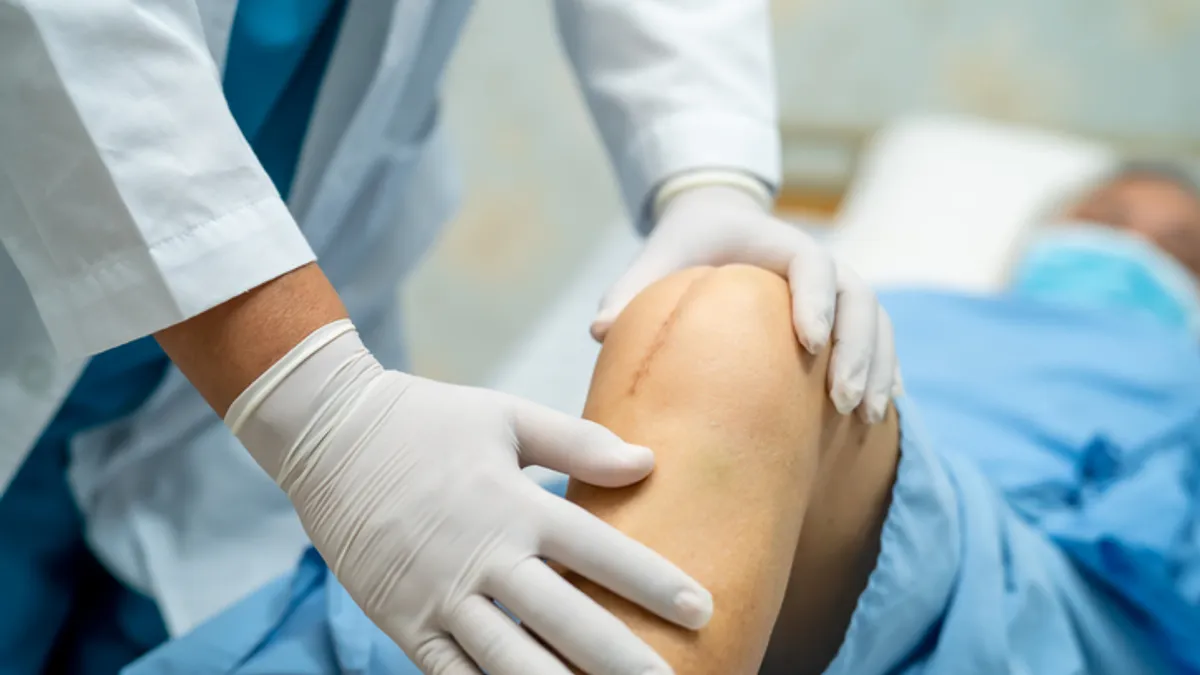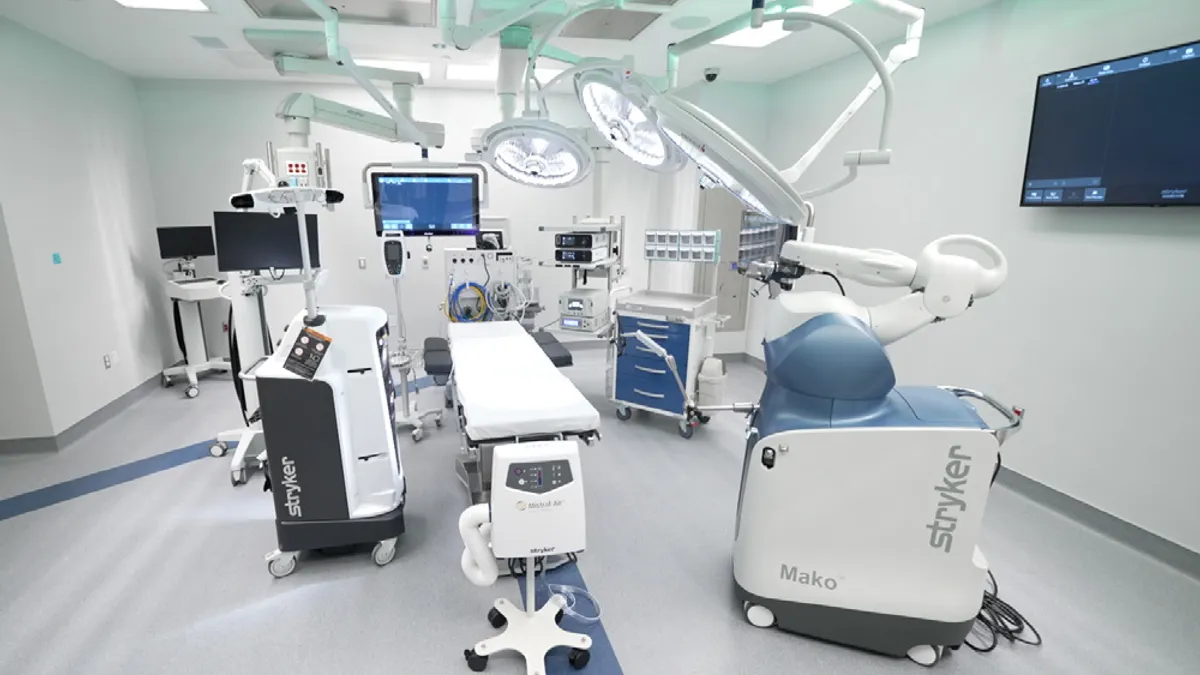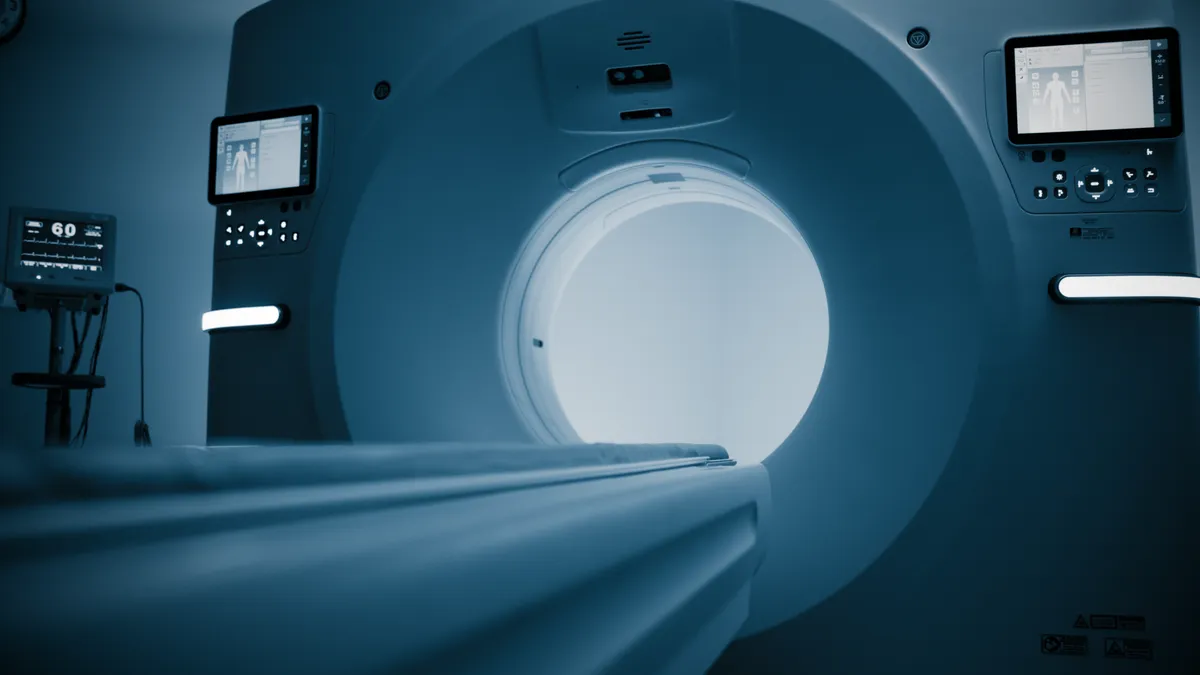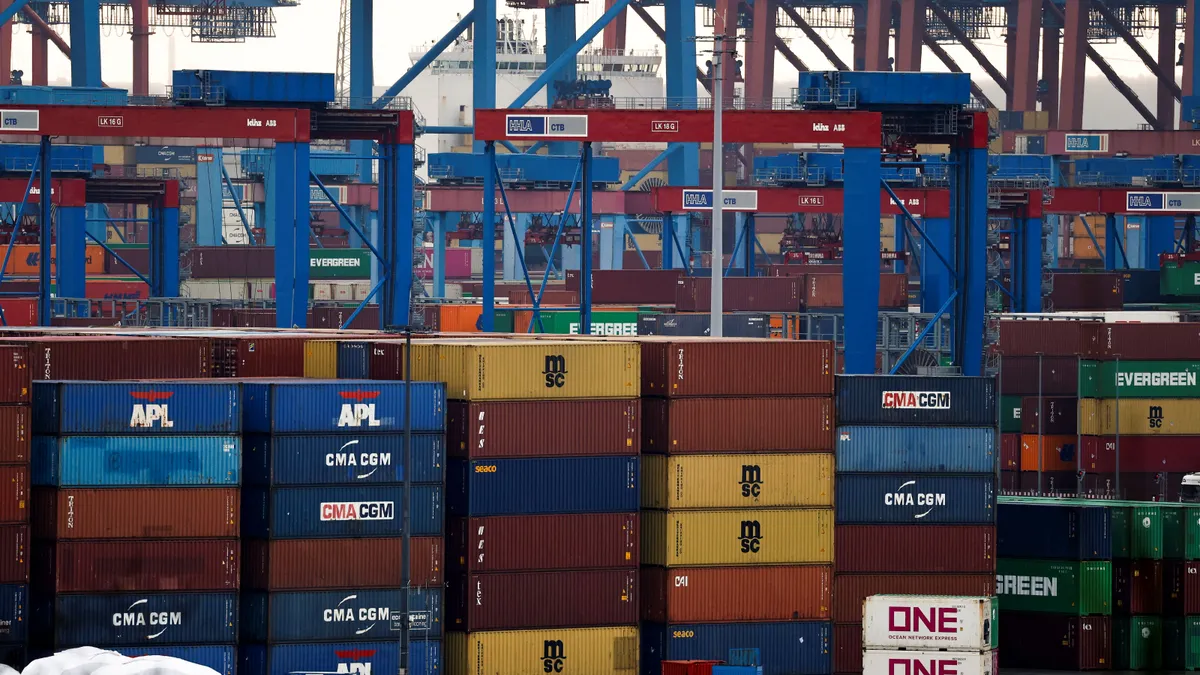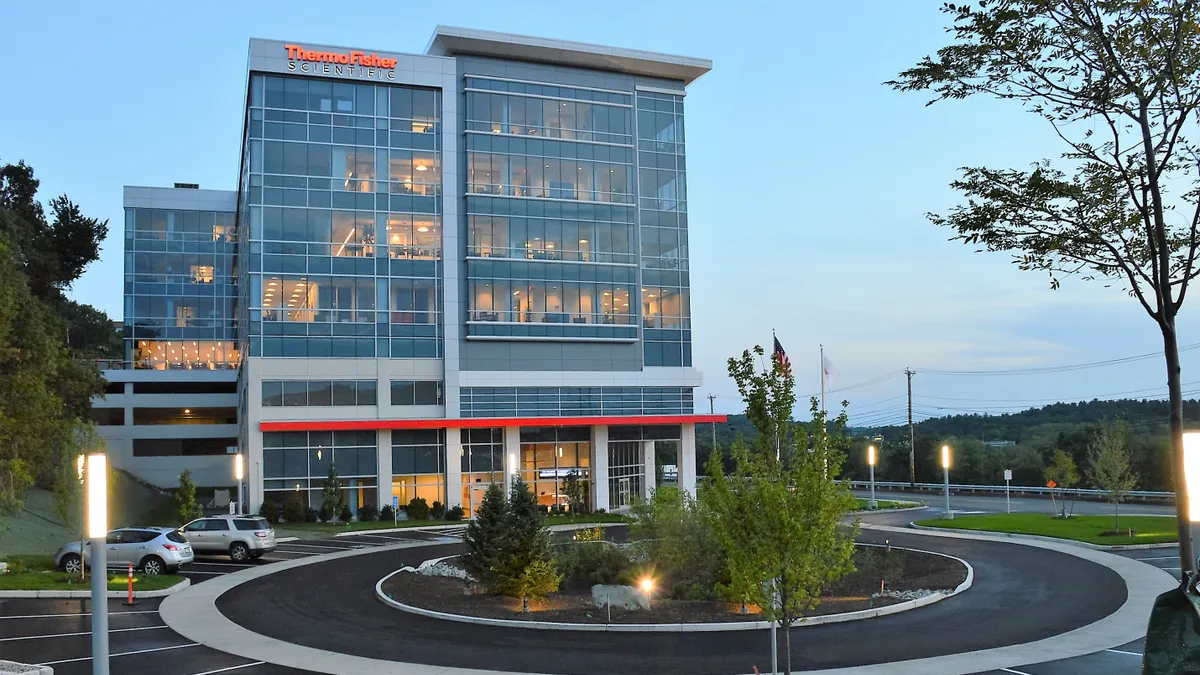Intuitive Surgical on Tuesday boosted the lower end of its full-year outlook for da Vinci robot procedure growth, expecting less impact on its business from tariffs, primarily due to reduced bilateral rates between the U.S. and China.
Dave Rosa, on his first earnings call as Intuitive CEO since taking over the job July 1 from Gary Guthart, characterized the company’s financial performance in the second quarter as strong despite ongoing macroeconomic challenges in Japan, China and Europe.
Governments in key markets outside of the U.S. continue to constrain hospital budgets for capital equipment purchases, Intuitive said.
In the U.S., the robotic surgery leader’s new da Vinci 5 platform, first introduced in early 2024, is now launching broadly, Rosa said. Limited launches will begin in Europe and Japan as the company gains additional regulatory clearances in those markets.
Total da Vinci procedure growth was 17% in the second quarter, matching the rate seen for all of 2024. Intuitive raised the low end of its expected range for 2025 procedure growth, setting the new forecast at about 15.5% to 17%, up modestly from the 15% to 17% predicted in the first quarter.
Citi Research analyst Joanne Wuensch, in a report to clients Tuesday, said investors may have expected a bigger increase to procedure guidance, but noted Intuitive’s second-quarter revenue and earnings exceeded Wall Street’s consensus expectations.
“Overall, we view this as a very good [Intuitive] quarter, with DV5 now in a broad U.S. launch and just scratching the surface” in countries outside of the U.S., Wuensch wrote.
Tariffs, Medicaid and remanufacturing concerns
CFO Jamie Samath said on the call that Intuitive now expects the impact of tariffs this year to be about 100 basis points lower than the company’s first-quarter estimate, assuming a rate of 30% on imports from China to the U.S.
Imports into the U.S. from all other countries face a 10% tariff rate, and imports from Mexico and Canada that comply with the United States-Mexico-Canada Agreement remain exempt from tariffs.
Second-quarter results included a tariff impact of about 60 basis points, according to Samath. “Clearly, the trade environment continues to be dynamic,” said the CFO. The company expects the tariff impact to increase each quarter this year as the expenses affect its cost of sales.
Samath acknowledged the potential for some of the approximately 70 million to 80 million Americans with Medicaid insurance to lose their coverage, with an impact on procedures. But he said robotic surgery could demonstrate economic and clinical advantages in the current U.S. environment.
Rosa, addressing competition from third-party suppliers that remanufacture surgical instruments, said Intuitive expects safety and reliability considerations to work in its favor.
“Our strong belief is that high-quality instruments with consistent performance, broad operational support and predictable supply chains provide the greatest value,” the CEO said.

